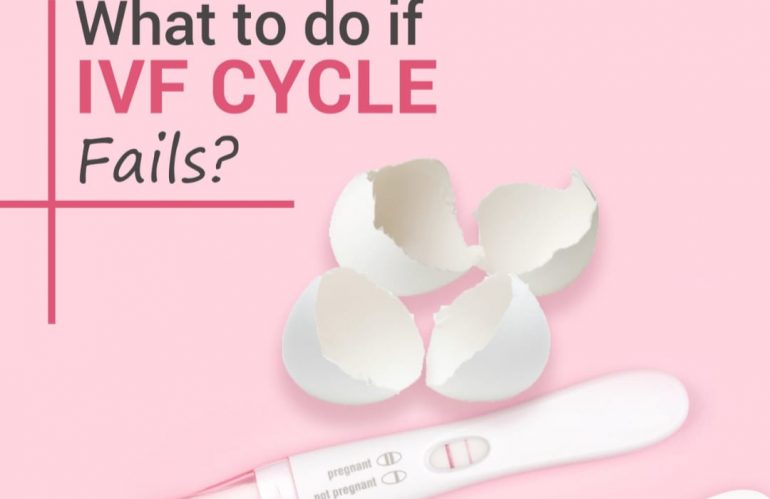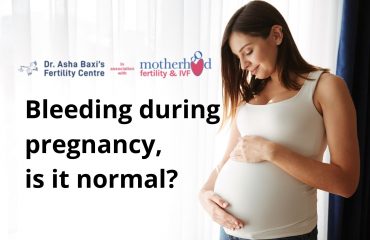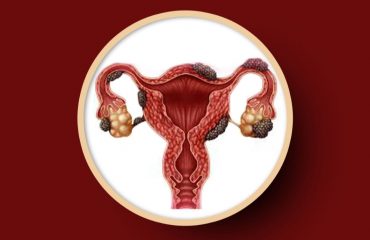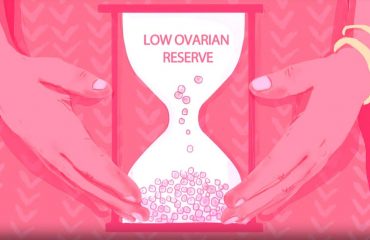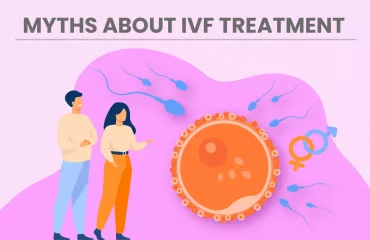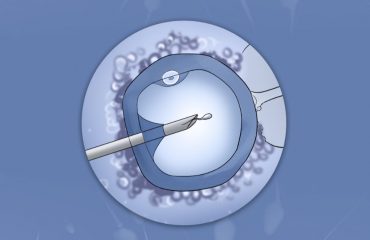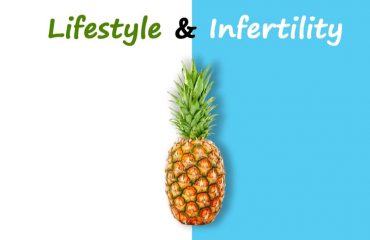What next if IVF has failed?
It happens at times that the IVF attempt fails. It can be the first or another round of IVF, a failed fertility treatment cycle is extremely discouraging. Even when a female is trying to conceive, any cycle that doesn’t lead to pregnancy can feel highly bad.
However, in such cases, one should not lose hope and look for other several options. One can choose to try again with a different treatment. The path for further guidance should be taken with your doctor’s advice depending upon the particular situation and treatment history.
IVF treatment is recommended in cases where the fallopian tubes are blocked. During conventional IVF, injections controlled ovarian stimulation of ovaries done using fertility injections. The eggs are then retrieved and put together with sperm. One may be hopeful, that some of the eggs become fertilized with the sperm, and some healthy embryos may result. After a couple of days, one or two embryos are transferred to the uterus for further process.
No matter what the issues may be, one may look for the below steps to be integrated with the doctor’s consultation:
- Blood investigations for recurrent implantations failure like thrombophilia test, APLA test, homocysteine sperm DNA, fragmentation test should be done.
- Pre-implantation genetic screening: In case of a failed IVF cycle, the fertility specialist may recommend PGS for the next IVF cycle. The PGS tests off few cells from each embryo & determines the correct number of chromosomes. At times, both couple genetic testing may be done to eradicate any kind of chromosomal abnormality in the failed IVF.
- Weight: In case you are overweight, it’s recommended to lose at least 10% of your body weight to bring upon a positive difference in the ability to get pregnant. Couples are especially advised to quit smoking and avoid alcohol a minimum of three months after starting the IVF treatment.
- Plan faster than later: It is observed that couples who plan earlier have a higher chance of a successful IVF cycle. For couples under the average age of 35 yrs & who use their own eggs and sperms, have seen a high implantation rate of about 75-80 percent. However, couples with age groups beyond 40 yrs, have just about 10-15% chances of a successful pregnancy.
- Opt for a donor: It is advisable in cases of age beyond 37 years, to opt for donor gametocytes (egg or sperm) which are mostly donated by young donors having a normal family background. In such cases, the success rates with IVF get nearly the same as those with younger women.
- Hysteroscopic evaluation before IVF planning is helpful to see local causes like polyp, submucous fibroids, etc.
- ERA Test – ERA or Endometrial Receptivity Analysis test. It is seen that even after some good endometrial growth, receptivity is as well important. The same can be assessed and this helps in determining the exact timing of successful implantation.
- Live healthy and eat healthy: Key points in this regard are having a healthy diet, avoiding junk foods, avoiding pollution, quit smoking & drinking, maintain a healthy working environment around, and remaining stress-free.

